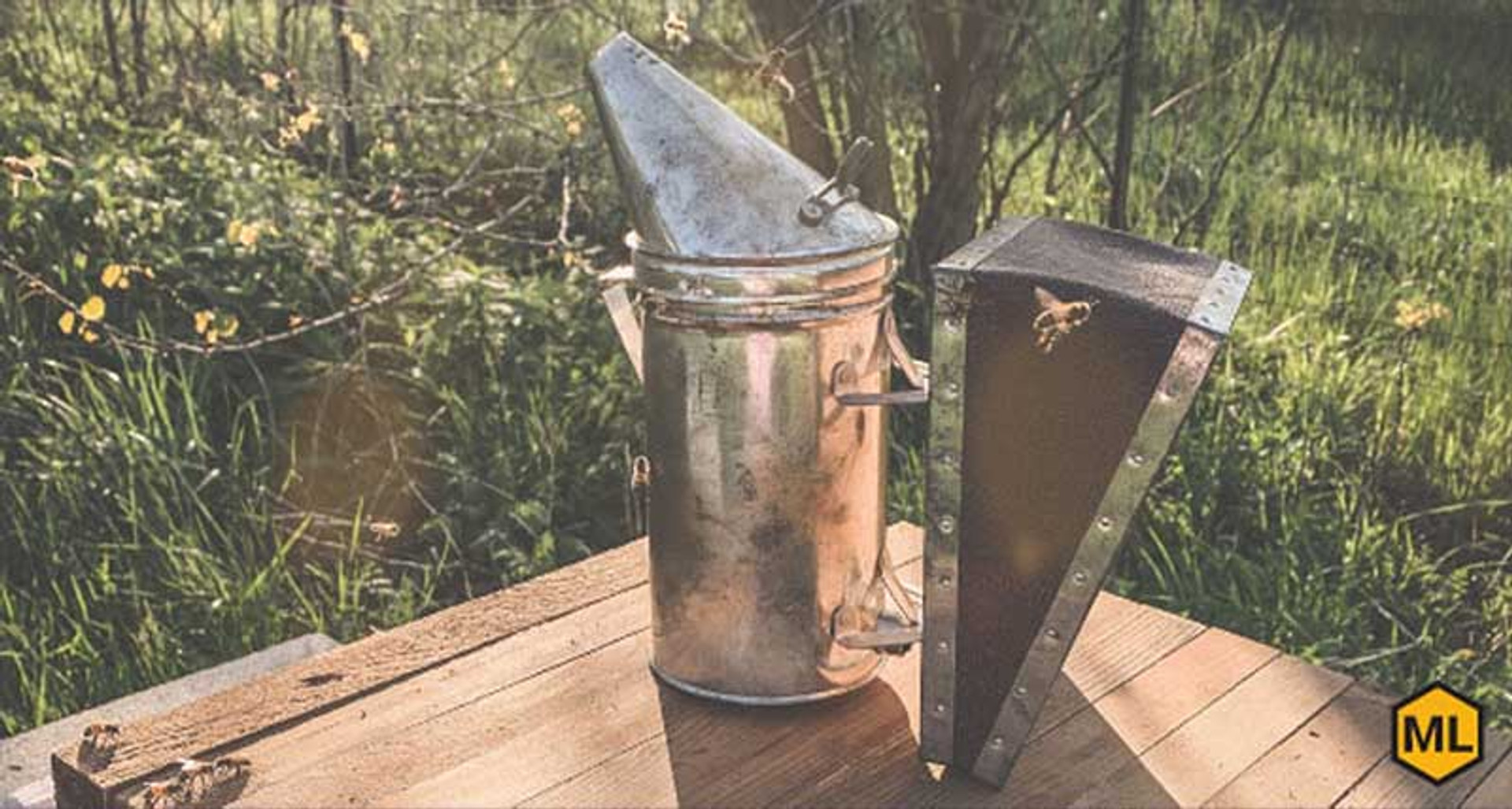Top Tips For Safely Handling Honey Bees
As a beekeeper, your job is to keep you and your bees safe. No one wants to get stung, and no one wants to harm or alarm their colony. You can avoid both by taking the right precautions and preparations. When you are careful and considerate, your colonies will thrive. Protect your bees and yourself with these top tips for safely handling honey bees.
Approaching The Hive
When you want to inspect your beehive, approach it from the back or the side. Standing at the front of the hive puts you directly in the flight path of bees who are coming and going. Walking toward the hive entrance might also alert the guard bees, causing them to emit a pheromone that acts as an alarm for the entire colony.
Know Your Bees
For the most part, fear of honey bees comes from a misunderstanding of them. Bees only attack when they feel threatened. This means that, if you follow the proper steps, you can work with them in peace. One of the top tips for safely handling your honey bees is simply knowing that they are gentle, busy workers. If you treat them with respect and care, they’ll respond the same way.
Be Calm, Bee Calm
If you are anxious or agitated, your bees will pick up on it and respond similarly. Bees only attack defensively, so a visitor who is calm and peaceful won’t bother them. A visitor who is nervous and moves quickly and clumsily, however, will upset the colony and make them perceive you as a threatening intruder. Work gently and carefully and your bees will leave you to it.
Use A Smoker
A smoker is one of the most important beekeeping tools you can have. Smoke disrupts the pheromone that alerts the colony to an intruder, keeping your bees from becoming agitated by your presence. If you lift the cover of your hive and hear an agitated buzzing, give your bees a couple of puffs of smoke and wait a little bit. Chances are, they’ll be calmer when you try again.
Protective Gear
With a smoker and peace of mind, many beekeepers don’t need protective gear to visit their bees. However, it’s always better to be safe than sorry—if you’re worried about stings, then suiting up might be a good idea. If you are wearing gear, be sure to carefully check the zippers and folds for stray bees once you finish.

